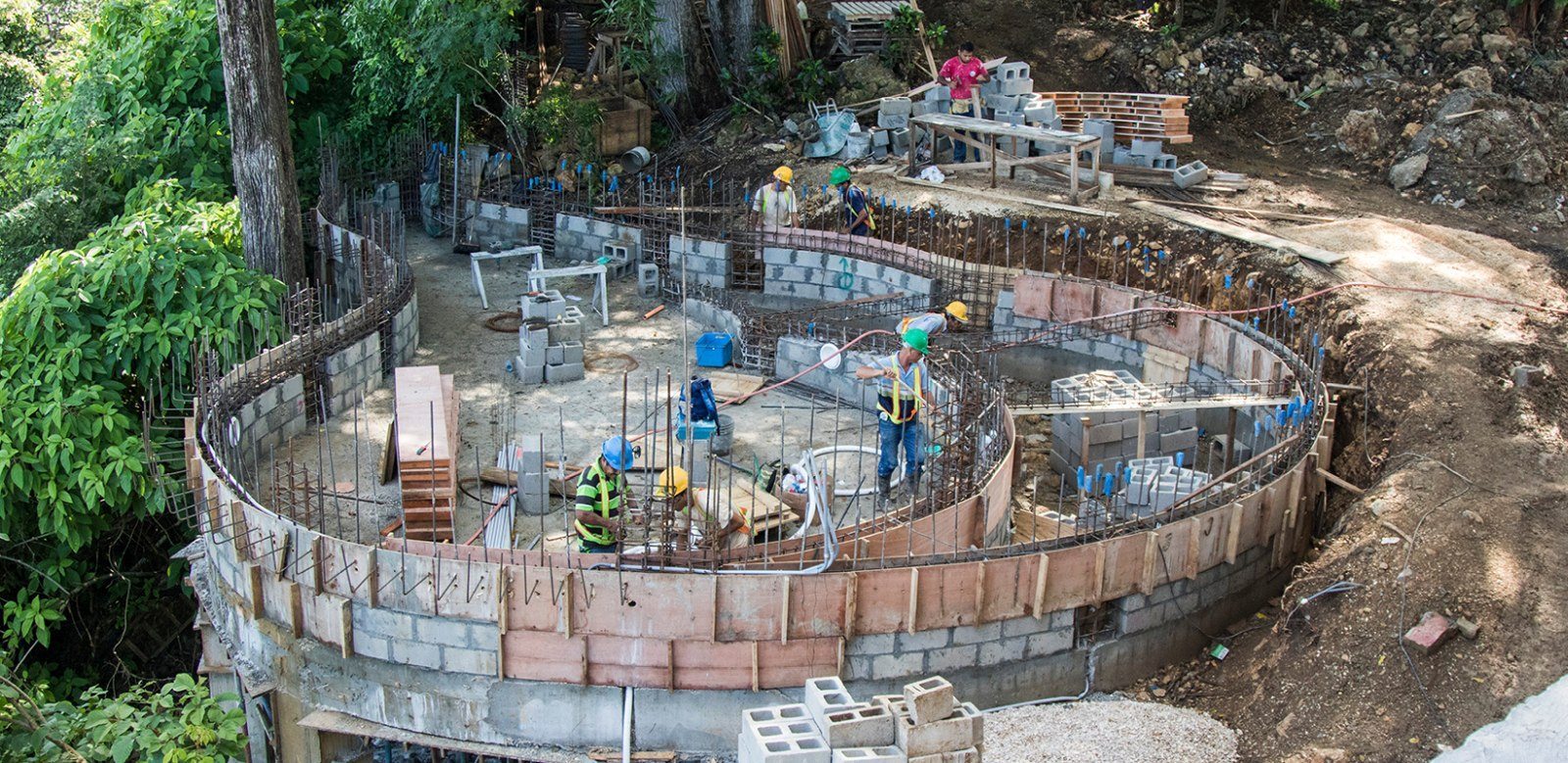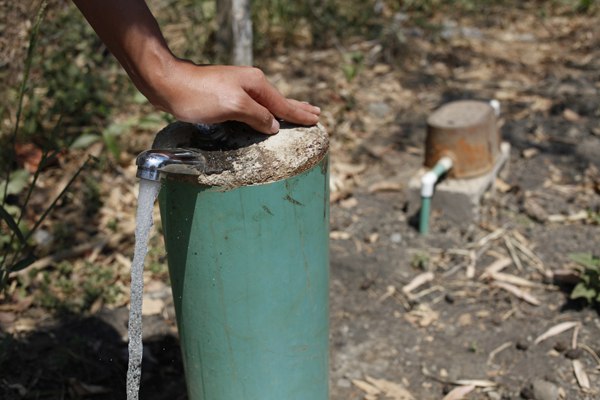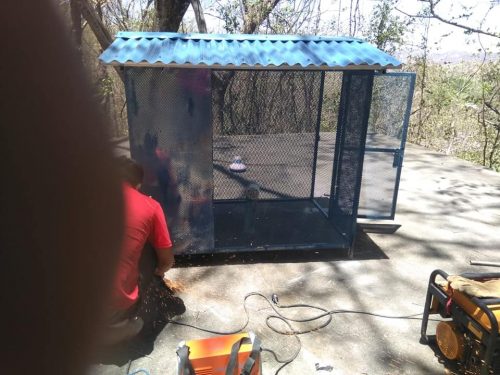
The Esperanza Sur ASADA (rural water board) in Nosara won’t do any more water rationing for the rest of the year, after consistently doing shutoffs for between four and eight hours during the months of February and May due to low water volume levels in the wells, the organization’s administrator, Bryan Rojas, told The Voice of Guanacaste.
Rojas affirmed that the ASADA scheduled the shutoffs so that the water available in the wells would last until mid-May, when the rains increase and refill the wells again.
“[During] the dry season, the water volume in the wells goes down and we were forced to ration water. That happened to many other ASADAs in the canton and it’s not something we can control. The closures were strategic,” Rojas said.
The ASADA did the last service shutoff on Wednesday, May 18. Next summer’s suspensions will depend on the amount of rain during the upcoming months.
Not Refilled Enough
Rojas admitted that the ASADA noticed even lower levels in its water volume this year compared to the previous dry season due to a decrease in the amount of rain last year. The wells weren’t able to capture enough aquifer reserves for the dry season and that’s why the water shutoffs were more frequent, he explained.
Although the administrator assured that rationing only lasted two or three hours during the most extreme part of the dry season, community residents reported that suspensions ranged from 8 a.m. to 11 a.m. and from 1 p.m. to 4:30 p.m. This is shown in messages that the ASADA shared with the neighbors in a WhatsApp group.
One of those residents, Lizi Alvarez, reported that although the shutoffs were little by little at the beginning of the summer, the situation worsened between April and May and the ASADA suspended service “almost every day.”
“There was not a single day that [the water shutoff] didn’t happen, regardless of whether it was a Sunday or a holiday. It affected my work because I work from home, but it was also a blow to the dynamics that all of us neighbors had in each home. It was terrible,” said the young woman.
Andrea Juarez, the coordinator of the Water Resources Center for Central America and the Caribbean from the National University (Hidrocec-UNA), explained that although the rains come between April and May, the ASADAs with supply problems have to continue rationing water until the wells are fully refilled, a process that can take weeks.
At the beginning of the rainy season, even though it rains, the aquifer hasn’t yet recovered completely. That’s why ASADAs must have alternative sources of water extraction, save during the dry season and protect the recharge areas,” the expert explained.
To Juarez, the ASADAs and their subscribers should have sustainable water use practices so they have guaranteed service during these times, from purchasing efficient pipes and taps to talks about the situation of the aquifers and gradual rationing.
A Coastal Problem
Rojas stated that the problem isn’t unique to his ASADA, but rather a bad thing suffered by several coastal associations in Guanacaste.
Water shutoffs are not uncommon for Nosara ASADAs. It’s not something that’s just us, I believe,” said the administrator.
UNA researcher Pavel Bautista affirmed that it’s true that the coastal aquifer systems in Guanacaste tend to have less storage capacity and exhibit other factors such as saline intrusion, when ocean water mixes with underground drinking water. This means that the ASADAs must ration water service more compared to those located in the municipal seats.
Hidrocec’s coordinator, Andrea Juarez, explained that combating these problems implies conducting periodic studies to determine their water capacity and the state of their infrastructure. Esperanza Sur is one of the 23 associations in the canton of Nicoya that are prohibited from issuing water permits because they’re not sure of their water capacity.
The association is currently in the process of conducting studies to find out how much water its aquifers contain. That way they’ll be able to resume granting permits for new construction in the area. The administrator assured that the organization is actively working to deliver all the necessary requirements to AyA in order to put an end to the moratorium.







Comments